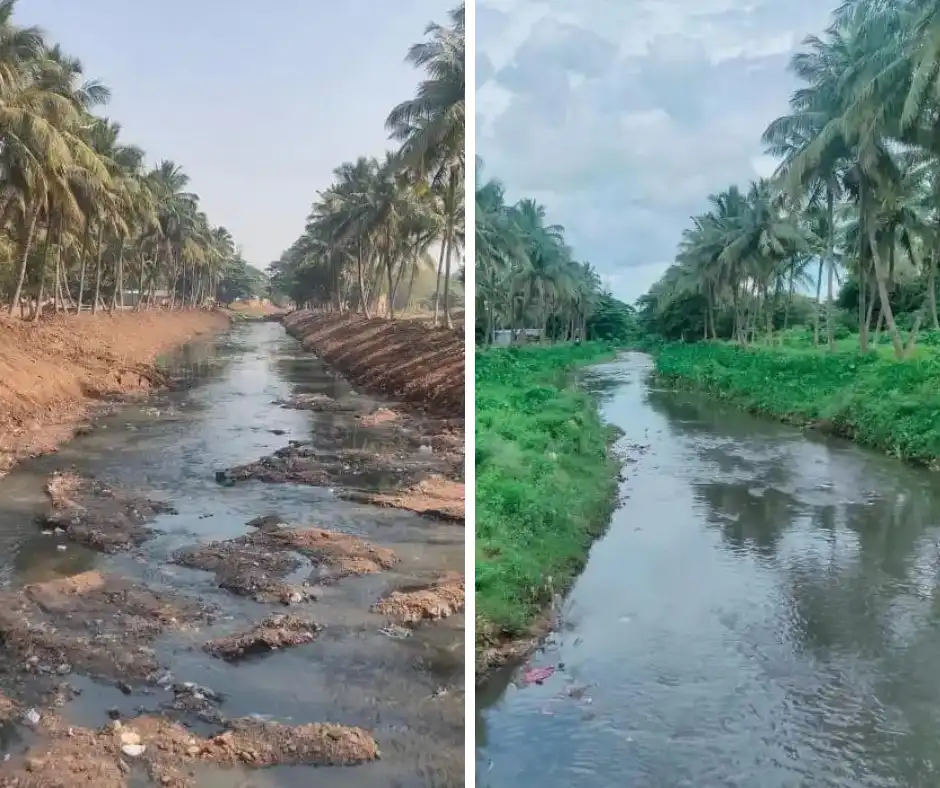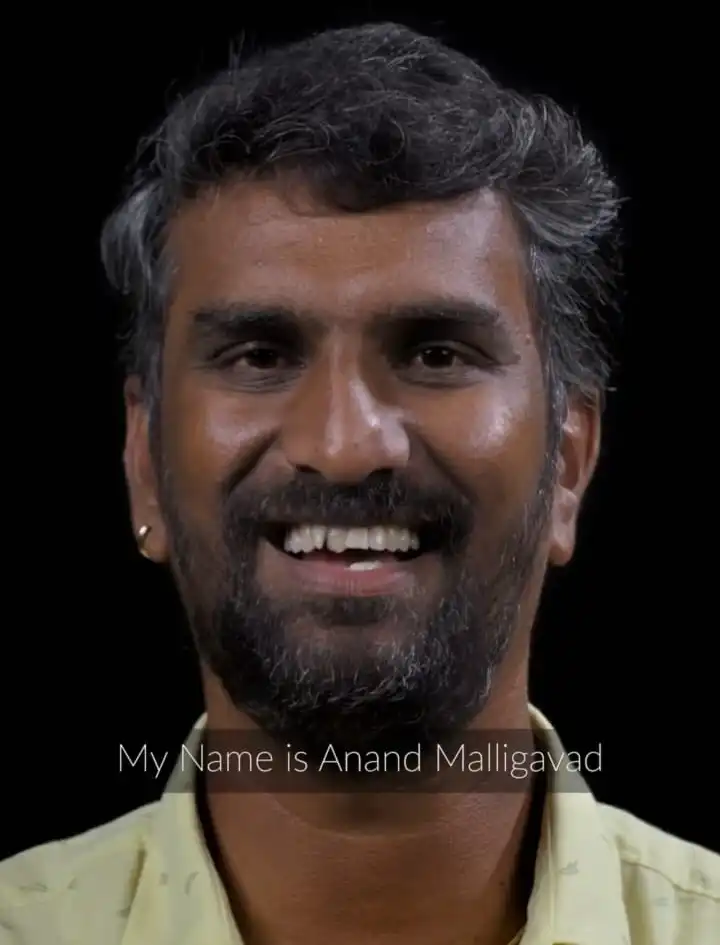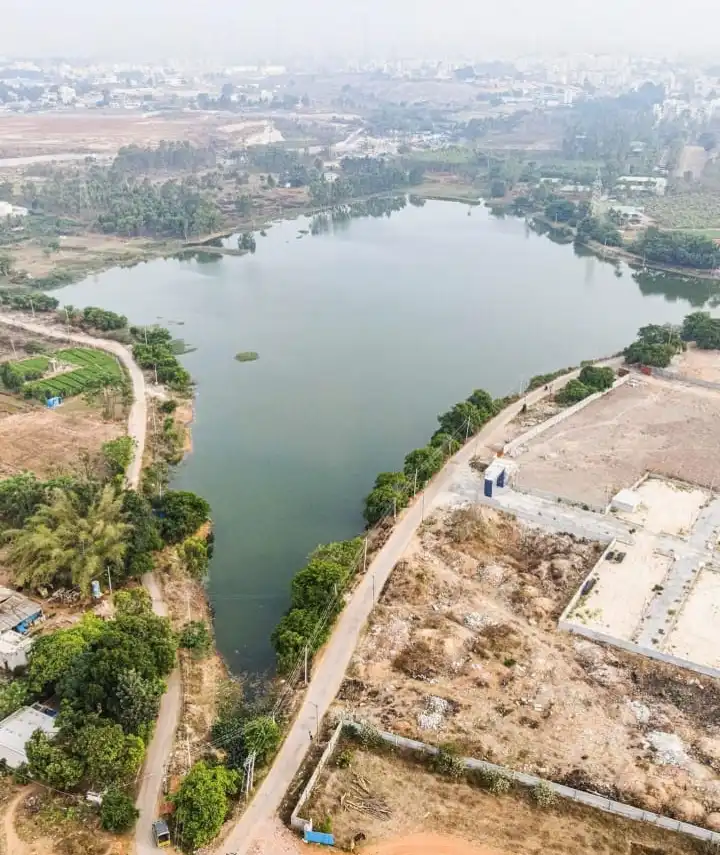India’s Lake Man helps rejuvenate 80 lakes amidst Bengaluru’s water crisis!
The Southern city of Bengaluru is also known as the “Silicon Valley” of India. The city was also known for its vast network of lakes which provided drinking water around the year.
However, as the city converted into a tech hub, rapid urbanization led to the destruction of most of these lakes and now only 450 are left out of 1,850 earlier.
This resulted in severe water scarcity for the city and the problem has been aggravated by climate change and pollution.
SIMILAR: Get to Know a Young Inventor from Ireland Tackling Microplastic Pollution in Water!
That’s when Anand Malligavad, a mechanical engineer, decided to address this issue head-on, as reported by Forbes India. Malligavad, known as India’s Lake Man, has been working for years to restore the city’s old lakes using methods devised by the erstwhile Chola dynasty.
The ancient dynasty is well-known for its remarkable construction of sustainable water systems centuries ago. Inspired by these methods, he started a journey to restore the lakes to life.
At age 35, eight years ago, he began his project, the restoration of Kyalasanahalli Lake, which contained 14 hectares of sewage and garbage.

His bosses and colleagues doubted his claims of rejuvenating the lake. However, he managed to win a $100,000 grant from his company, Sansera Engineering meant for corporate social responsibility, and completed the cleanup within 45 days, according to The New York Times.
His method is simple and involves processes like draining any extra water from the lake, removing silt and weeds, strengthening dams, restoring canals, and finally planting natural vegetation.
Once these steps are undertaken, during monsoons when rain waters fill up the pit a natural ecosystem is created, sometimes even leading to the arrival of migratory birds.
This gave Malligavad confidence and he left his job and started working full-time on lake restoration in 2017. At 43 today, he has restored 80 lakes spanning more than 360 hectares and has spread his work to nine additional Indian states like Odisha and Uttar Pradesh.
These restored lakes give drinking water and irrigation to nearby residents and help the groundwater levels of Bengaluru, which have risen by 8 feet since he began his operations.
Unfortunately, no good work is ever complete without obstacles and Malligavad’s work has not been simple. He has received death threats and even been subjected to violence from land grabbers and developers who profit from the destruction of these water sources.
Despite the dangers involved, Malligavad remains motivated and dedicated to his job since his work benefits the local community.
Due to his continuous efforts, he has also gained public recognition in his country and always tries to highlight the importance of sustainable water management.

India is one of the most water-scarce countries in the world, with a fifth of the world population residing in it and an availability of only four percent of water resources.
Bengaluru also experiences daily water scarcity of around 172 million gallons and this figure is expected to quadruple by 2030.
According to experts like Veena Srinivasan of WELL Labs, working on the restoration of lakes is vital, but Indian cities need a complete water management strategy.
Apart from lake restoration, Malligavad also works on landfills to turn them into green areas.
He works with local nonprofit organizations to cover waste areas with lake cleanup silt and plant thousands of saplings. These initiatives result in green places that benefit, both water management and air quality.
Anand Malligavad’s life purpose is not limited to only the restoration of lakes but extends far beyond his present efforts.
He wishes to restore 100,000 lakes across India in his lifetime because water is a precious resource.
His method provides a practical solution for other cities experiencing water shortage, showing how ancient techniques combined with modern engineering can efficiently meet today’s difficulties.

